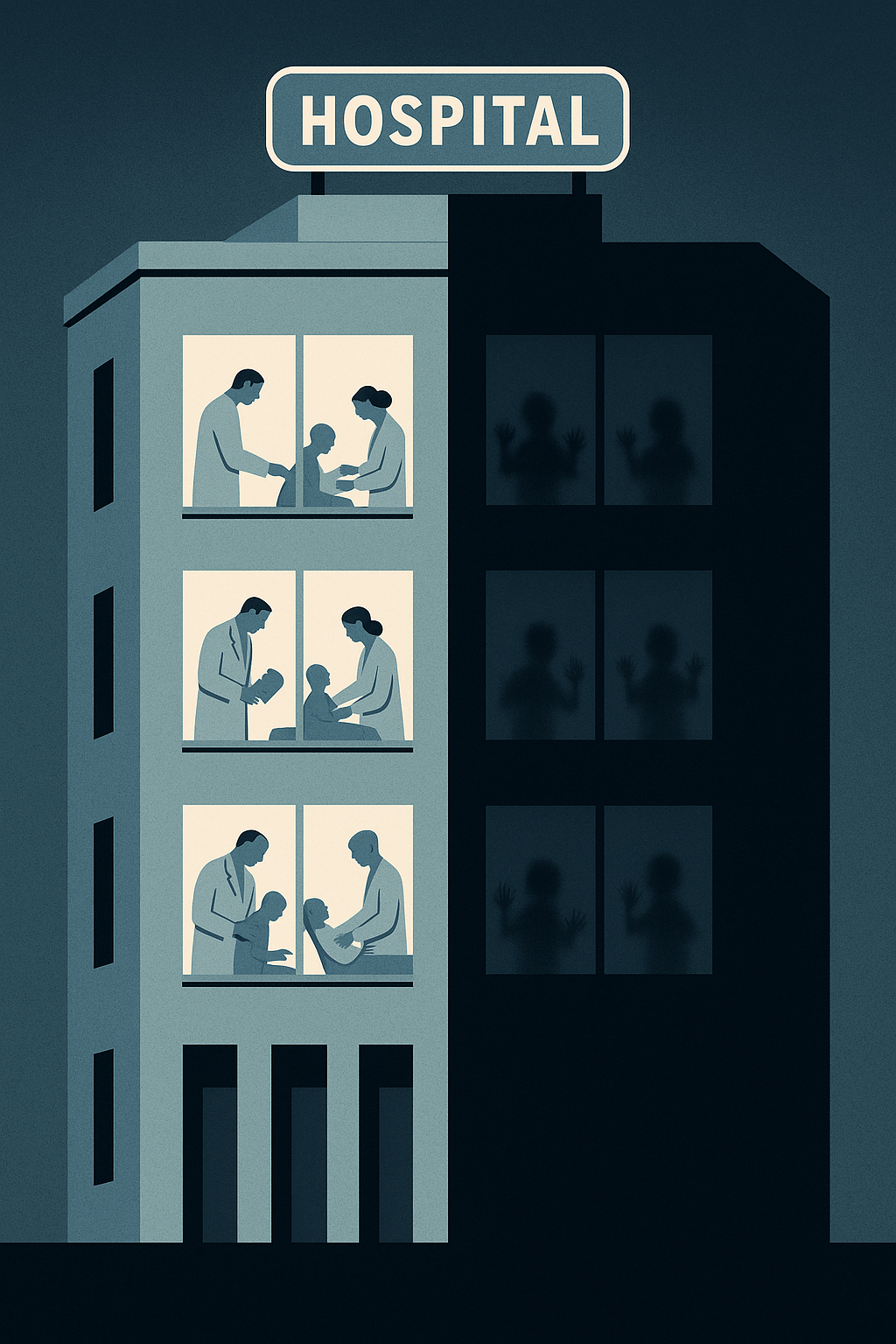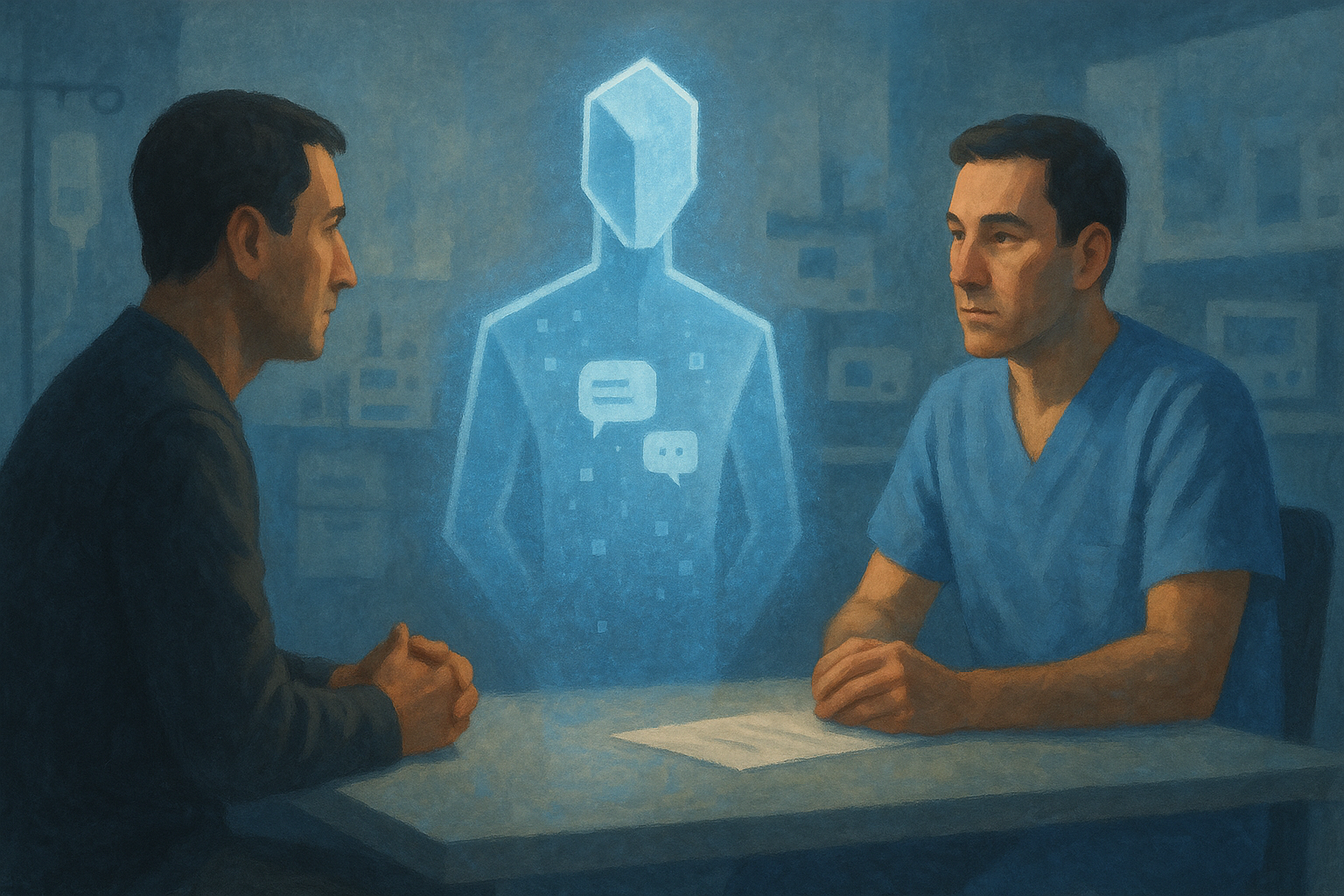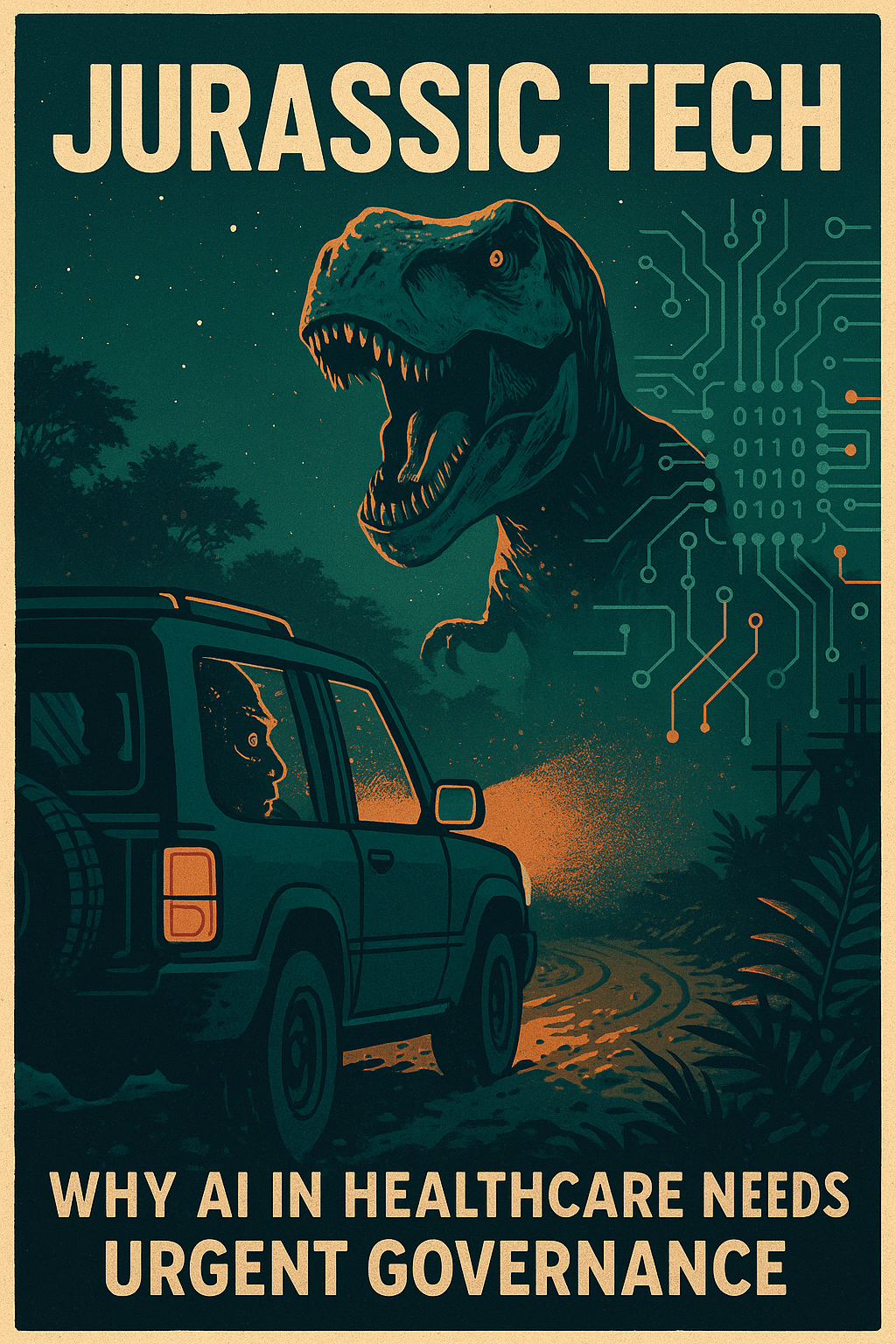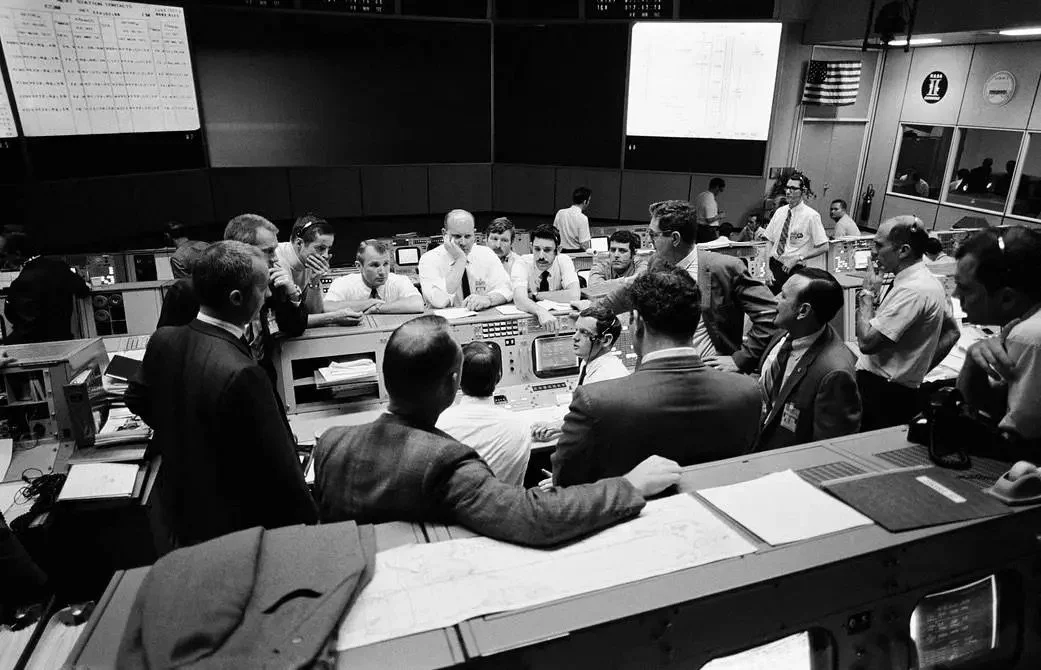ClintixBlog
AI is no longer coming to critical care. It’s already here.
In resus, in the ambulance, at the bedside—algorithms are beginning to influence decisions once made only by humans. They predict deterioration, prioritise patients, suggest diagnoses. Sometimes they outperform clinicians. More often, they reshape the flow of work in quiet, invisible ways.
This series is about what happens next.
It explores the promise: faster triage, earlier recognition, more consistent care. And the risks: bias baked into code, loss of nuance, the temptation to stop asking "why?"
AI won't replace emergency or critical care clinicians. But it will change how we think, how we decide, and how we care. The challenge is not whether to use AI—but how to do so without losing what matters most.

Paracetamol, Autism, & the Psychology of Mistrust
For many pregnant women, navigating vaccine decisions today feels less like a conversation with their doctor and more like standing in the eye of a storm. Shouting headlines, social media algorithms, and political podiums amplify fear. ‘AUTISM,’ ‘BIG PHARMA,’ ‘TOO RISKY’ while trusted medical voices speak more softly: ‘SCIENCE,’ ‘SAFETY,’ ‘TRUST.’ Amid this cacophony, expectant mothers are left searching for clarity, reassurance, and truth.

Selective Courage in Medicine
Hospitals pride themselves on confronting suffering, yet when it comes to Gaza’s children many fall silent. As Dr Bassam Nuseibeh writes, this selective courage reveals more about institutional fear than neutrality, raising the question of whose suffering medicine chooses to see.

III - Working with AI-Informed Patients: Preserving Trust in the Age of ChatGPT
AI is now shaping patient expectations before they even walk into the consultation room. Doctors must adapt — preserving trust, correcting inaccuracies, and guiding care in a world where the algorithm has already spoken.

The Price of Speaking Out
When doctors speak out against atrocities, they risk their careers. When they stay silent, or when others complain about them, they do not. Neutrality is praised as professionalism, yet it is nothing of the sort. As Desmond Tutu warned, neutrality in situations of injustice is siding with the oppressor. The price of speaking out is high — but the cost of silence is higher still.

II - Australia’s AI Healthcare Policy Vacuum: Risks, Privacy, and Missed Opportunities
Australia has no national AI healthcare policy. Patients can use ChatGPT; clinicians often can’t. Without clear governance, privacy is unprotected, adoption is uneven, and Australia risks falling behind nations like the NHS, the US, and Singapore.

I - The Dangerous Imbalance: AI in the Hands of Patients but not Clinicians
Patients are bringing AI into the consultation room. In many Australian hospitals, doctors are banned from doing the same. This creates unsafe consultations, erodes trust, and leaves clinicians debating against an unseen algorithmic voice.

Jurassic Tech: When AI Outruns the System
The TGA has built the regulatory fence, but the gates are already open. AI systems are loose in our hospitals — shaping decisions, influencing care, and evolving faster than our governance frameworks. In the words of Jurassic Park: we’re already in the jeep. Whether we stay ahead depends not on the speed of AI, but on the strength of our direction.

Ex Machina MD
A Guardian report says Microsoft’s ‘diagnostic orchestrator,’ dubbed Ex Machina MD, cracks eight in ten NEJM case studies—quadruple the success of lone doctors. Yet real patients cough, hesitate and reveal more than text can capture. From non-verbal cues to social context and intuition, medicine remains more art than algorithm.


Trust, Not Hype
By approving only eight AI scribes, NHS England set a new benchmark for digital discipline. Tools like Heidi Health and TORTUS were chosen not for novelty, but for meeting strict standards in safety, regulation and integration. In healthcare, speed without scrutiny does not improve care—it puts it at risk.

Artificial Intelligence, Real Ambiguity: What the NHS AI Playbooks Reveal
The NHS’s AI playbooks promise progress, but reveal a system still unready to govern what it hopes to deploy. Until hospitals know who holds the risk, writes the rules, and watches the machines, AI will remain a fragile promise, not a clinical asset.

Artificial Ignorance: The Data Crisis Undermining AI in Hospitals
AI is making its way into hospitals, but in Australia, poor data quality and fragmented systems are hindering its progress. Until the plumbing is fixed, the promise of smart healthcare will remain out of reach.

Dispatching the Future
Emergency care starts with a phone call, and increasingly, AI is answering. AI systems are already analysing voice, breathing, and tone in real time, detecting cardiac arrest and trauma before the caller finishes speaking. Some outperform human dispatchers.
But dispatch is not clean data. It is messy, emotional, shaped by culture and language. Errors carry consequences: a missed arrest, a wasted ambulance, a biased system failing vulnerable communities.
As Dr Alastair MacKinlay writes, the challenge is not whether to use AI, but how: as support, not substitute. Fast, accountable, and human-centred.

AI in Healthcare: A Clinician's Imperative
Clinician-led AI adoption is not just a strategy—it is an imperative for modern healthcare. In this piece, Dr Bassam Nuseibeh explores how practical leadership, strong governance, and frontline collaboration can turn AI from a risk into a foundation for better patient care and operational resilience.

AI in Healthcare: Why Hospital Executives Must Lead, Not Block, the Future
AI in healthcare is facing its Moneyball moment. This article explores why hospital leaders must lead—not ban—AI adoption, especially in administration, where cost savings and efficiency gains are already proven.

Beyond the Hype: Building Safe, Accountable AI in Australian Healthcare
AI is transforming healthcare — but without governance, it can do more harm than good. In this article, we explore why strong governance frameworks are essential before implementing AI tools in hospitals, and how they protect patient safety, clinician trust, and organisational accountability.

Smarter Triage
As emergency departments face rising pressure and complexity, machine learning tools are being developed to predict who’s safe to wait and who needs the resus bay — now. But while AI can enhance decision-making, it also risks embedding bias, eroding clinical nuance, and obscuring context. In this post, we explore how AI is reshaping triage, and why it must remain a tool for human judgement — not a replacement for it.

A New Nexus
As AI enters emergency departments and ICUs, we're not just handing over data — we're sharing in the power to define truth. Drawing on Yuval Noah Harari’s Nexus, this post explores how artificial intelligence is reshaping clinical decision-making, and asks a vital question: Are we building systems that support our judgement — or replace it?

